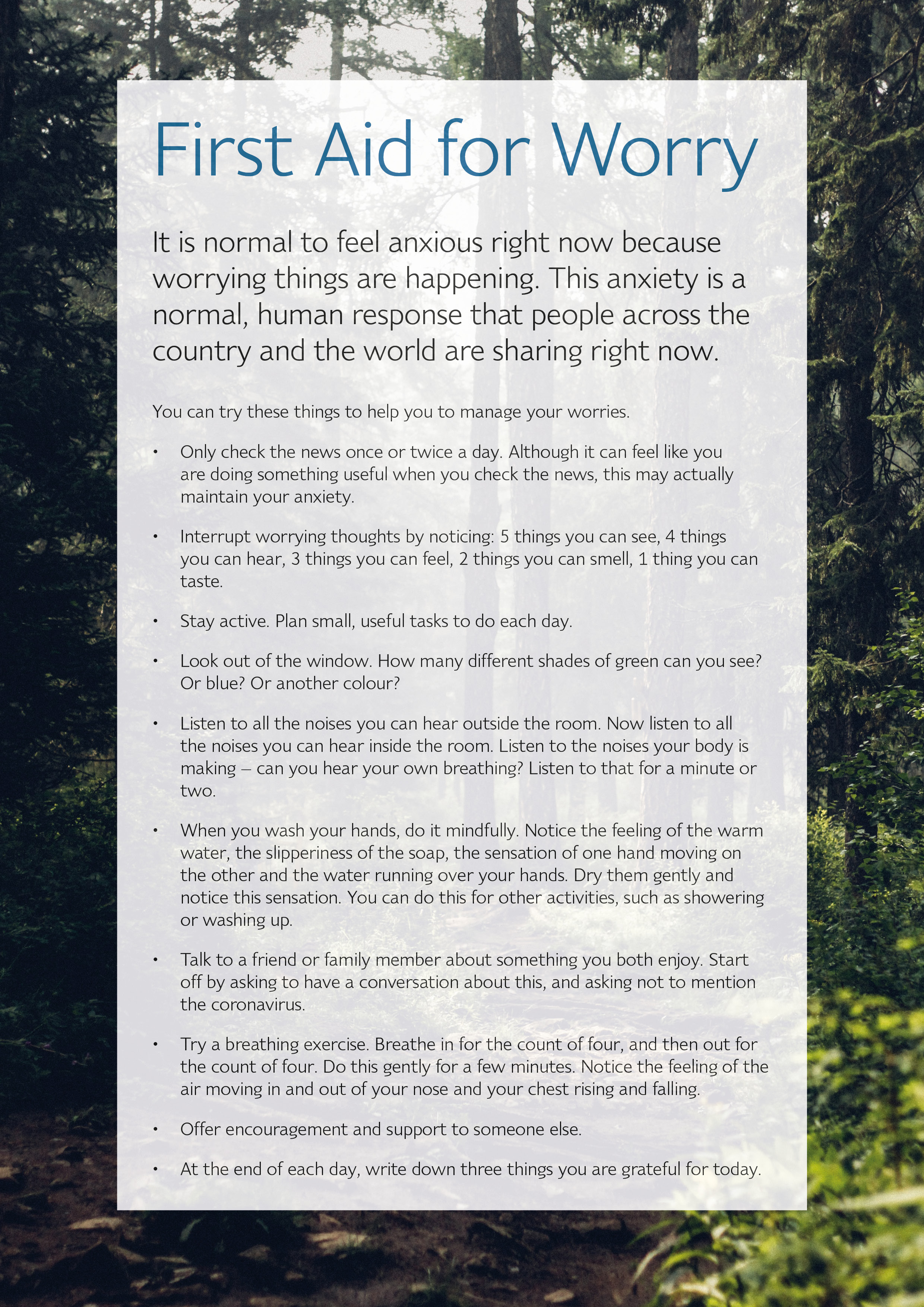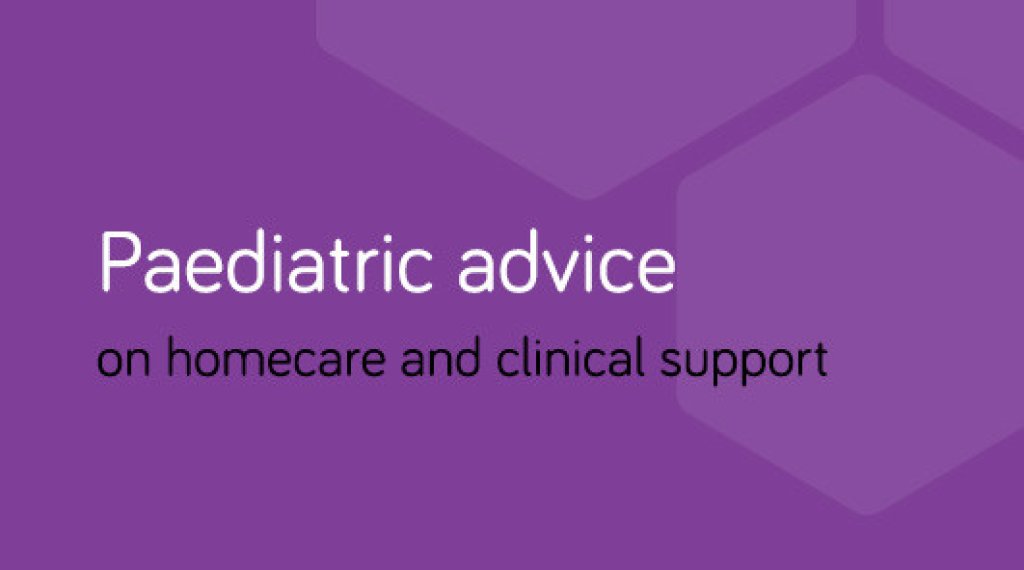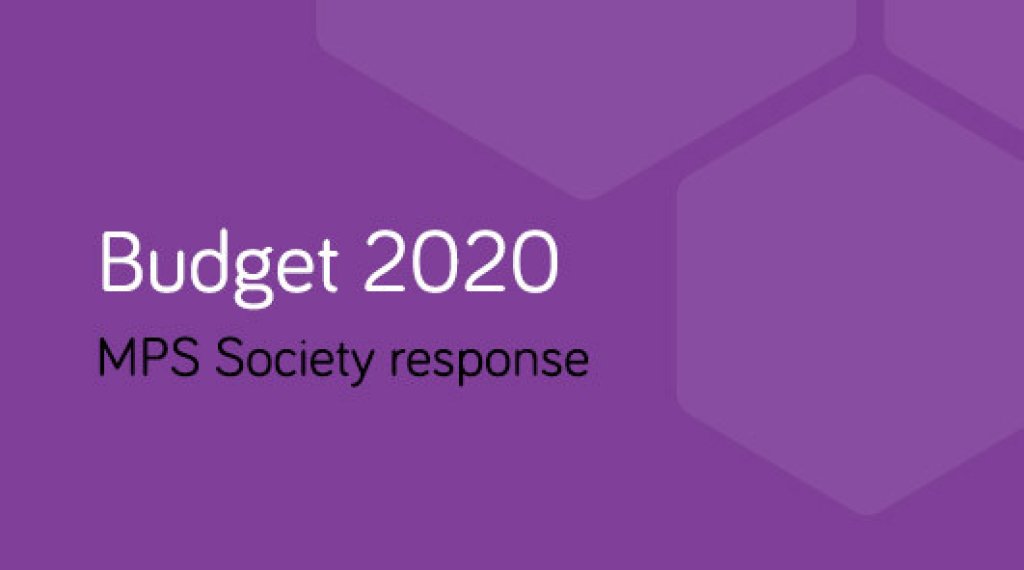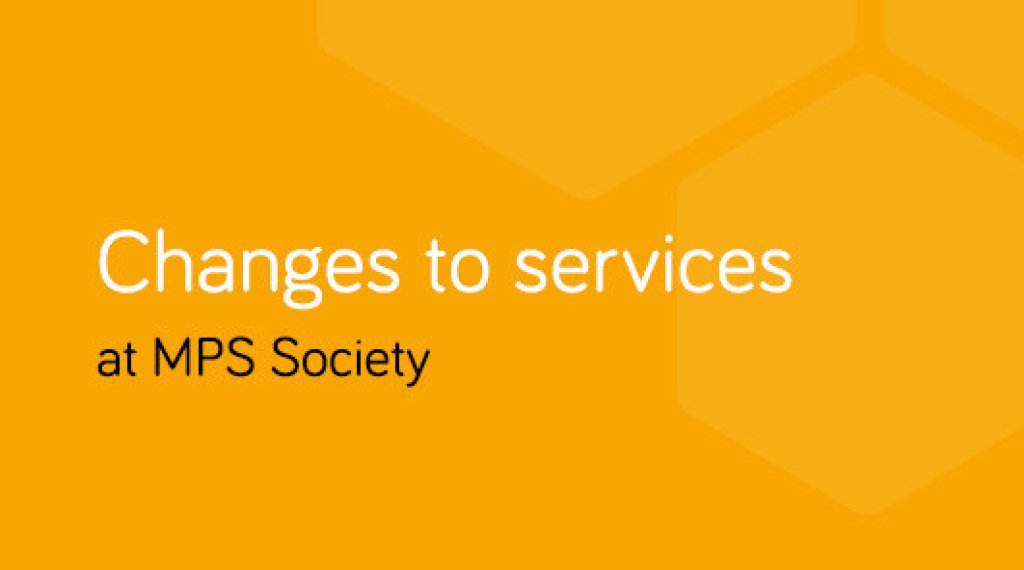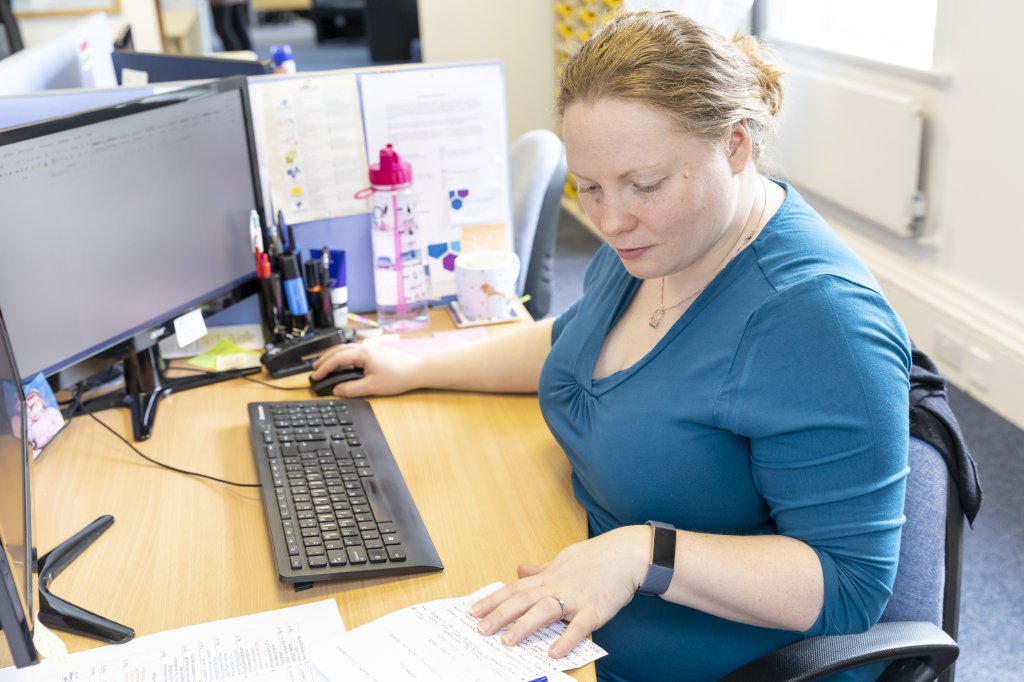The clinical centres are working tirelessly to manage the huge volumes of calls and enquiries from our patient communities. For many they have had to either cancel all clinics and non-emergency appointments or move them to telephone appointments. These are unprecedented times and many of our doctors and nurses have already been, or are on standby, to be called to the front line.
Each centre has an answerphone to ensure that they do not miss any calls. Please bear with them as they filter through the many calls that are coming through on a daily basis.
The current advice is that critically ill LSD patients should not be transferred to the specialist centres and should continue to receive treatment at their local hospital as appropriate. Advice and support should be sought by your specialist centre as required. Keep to hand:
your specialist centre telephone numbers
any medical alert cards
care plans or leaflets for medical staff that explain your condition.
Speak with your closest family members and advocates to ensure they know where information is kept.
Please be aware that advice is changing daily and it is important that you keep yourselves up to date with the latest government advice.
Extremely vulnerable high-risk patients
Clinical centres are already reviewing all their patients and will be in contact with those patients deemed to be high risk to discuss individual circumstances. Please read the government advice on shielding and protecting people defined on medical grounds as extremely vulnerable from COVID-19.
Self-isolation and social distancing
Social distancing - vulnerable groups, families and everyone
Social distancing measures are steps you can take to reduce the social interaction between people. The government is currently asking all people to social distance themselves. This is to help reduce the transmission of coronavirus (COVID-19). Please see the government website for up to date information.
Self-isolation - symptomatic and unwell or someone you live with is symptomatic
In this instance you should self-isolate at home. Please see the goverment and NHS self-isolation advice for up to date information on what this means.
When to trigger self-isolation/shielding
The paediatric centres will follow government advice and support patients who are shielding or choose to self-isolate based on government advice. Specialist centres may contact some families to clarify whether their underlying condition constitutes a high risk group that would benefit from shielding but this will be highly individual, patient-specific advice.
Homecare/enzyme replacement therapy (ERT) infusions
If a patient is self-isolating because of COVID-19 symptoms
Nurse visits for ERT infusions are paused for the duration of self-isolation (currently 14 days). If patients can become independent that would be advantageous, but homecare resources are not available for large-scale, short-term training.
If a family chooses to strictly self-isolate because of underlying vulnerability
Your specialist centre will have an individual discussion with you about ERT and the risk/benefit balance of taking a prolonged "drug holiday". They will offer reassurance to patients and families undergoing a "drug holiday" that this is a decision in their best interest, based on the greater risk to them of being infected with COVID-19, than any modest or moderate effect of missing treatment for a period of time.
If a family chooses to undertake "more stringent social distancing"
Because of underlying vulnerability, but not full family self-isolation, it may be appropriate for some patients to continue receiving ERT as long as homecare companies can deliver this. This is felt to be essential for:
Infantile LAL Deficiency
Infantile Pompe Disease
Type III Gaucher
some MPS patients being prepared for stem cell transplantation.
CLN2 patients receiving intrathecal cerliponase in hospital will also continue to be, prioritised for this treatment.
If Homecare Company staffing becomes critically low, then patients with other diseases may be required to reduce their dosing frequency.
Patients with indwelling venous access devices who are having a drug holiday
Patients will need to have these flushed at the longest interval compatible with keeping the specific device in operation. This may appear to contradict the statement in relation to infusions, but it is a balance of risk decision based on how critical to the patient's health the individual procedural visit is.
Critically ill LSD patients
Patients should not be transferred to their LSD specialist centre unless there are clear clinical reasons for this. They should as a rule continue to receive treatment at their local hospital as appropriate.
Discussions regarding missed infusions
We will defer any discussion of catch-up infusions until the crisis is over.
Keeping in touch with self-isolating patients
We will keep in contact with self-isolated patients by regular telephone calls, the frequency to be determined by need and staff availability.
Patients enrolled on an MAA We expect guidance and further information to be available from NICE and NHSE within the next few days.
Patients waiting to start ERT
Patients will be reviewed by their treating clinician. There may be delay in establishing patients on ERT due to overstretched resources and the risk of bringing patients into the hospital.
Patient/carer wellbeing
We acknowledge that this is a very anxious time for many of our patients, carers and their families and your wellbeing is important to us. Please see below for a resource called First Aid for Worry which gives some advice to help with those feelings of anxiety. In addition to this you will find other resources ot support you on the Mind website.
Please do not forget your patient support group is there to support, advise and to be a listening ear. We are all here for you.
[To be reviewed 27 March 2020]
